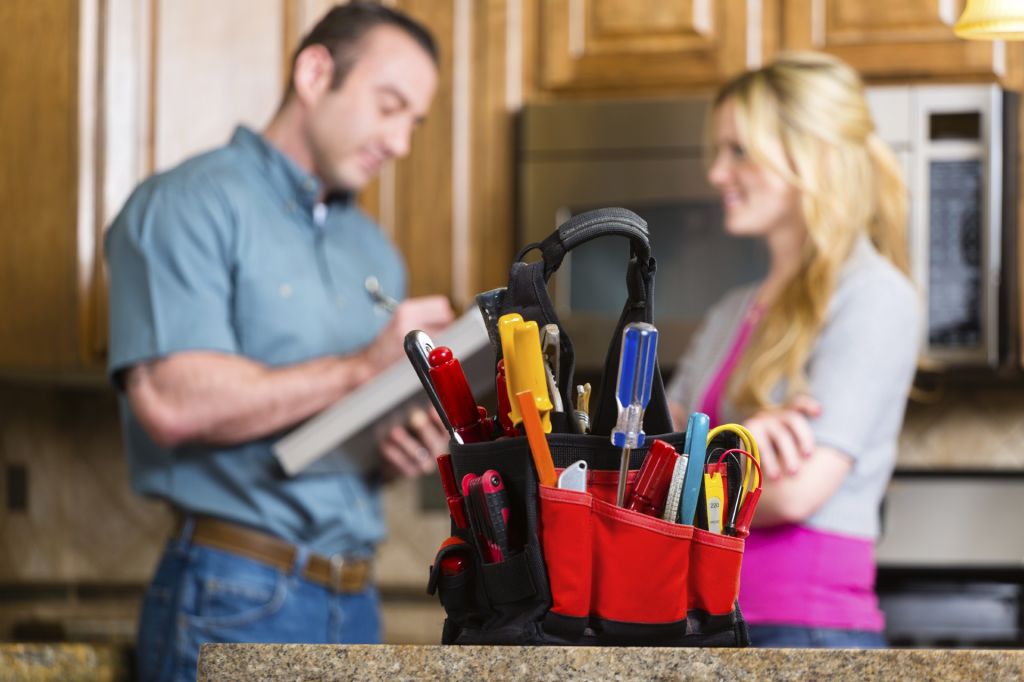First home crises and how to handle them

When you finally take possession of your first home, you will realise how easy you had it when you were renting. When anything went wrong, it was the landlord’s responsibility to fix it. Suddenly all those big and little crises are on your shoulders.

Troubleshooting
If you’re handy, you can take the DIY approach to some minor crises around the house, but the emphasis is on ‘minor’. Some things that seem minor may be signs of a much bigger looming problem. For example:
- If the house starts to sink on its foundations, it is thrown out of square and doors and windows can stick or cracks appear in the walls. If more than one window and/or door sticks on one side of the house, it could be a big problem.
- A little mould may not be a bad sign, but if you remove it and it comes back or spreads, it could be a sign that you have a problem with rising damp or a leaking roof.
- If you have to continually go out to the meter box to replace a fuse, it’s probably a sign that you need to replace your electrical switchboard.
DIY or call an expert?
If you’re handy, you can buy a few tools and take a DIY approach to many minor crises around the house, but don’t push your limits. There are times when you will need to call in an expert. Don’t attempt to do any plumbing or electrical work yourself. What not to DIY with plumbing and electrical explains in detail why anything beyond changing a washer or replacing a light bulb is a job for a licensed plumber or electrician only. The laws are clear about it and they are in place for good reasons.

In other cases, you may be legally able to undertake DIY repairs, but think carefully before you do. If you have a leak in your roof, for instance, you might be tempted to fix it yourself. This can be a bad idea for a few reasons: you could fall, it could be hard to detect the exact source of the leak and you could use the wrong technique to fix it.
It’s wise to contact experts when you’re out of your DIY depth. Just make sure they carry insurance and hold a current trade licence for the type of work you need.
The best way to avoid a major crisis is to take preventative action before you take possession of the house. Rather than doing DIY conveyancing, hire a solicitor or conveyancer and have them arrange a pre-purchase building inspection.
We recommend
States
Capital Cities
Capital Cities - Rentals
Popular Areas
Allhomes
More







